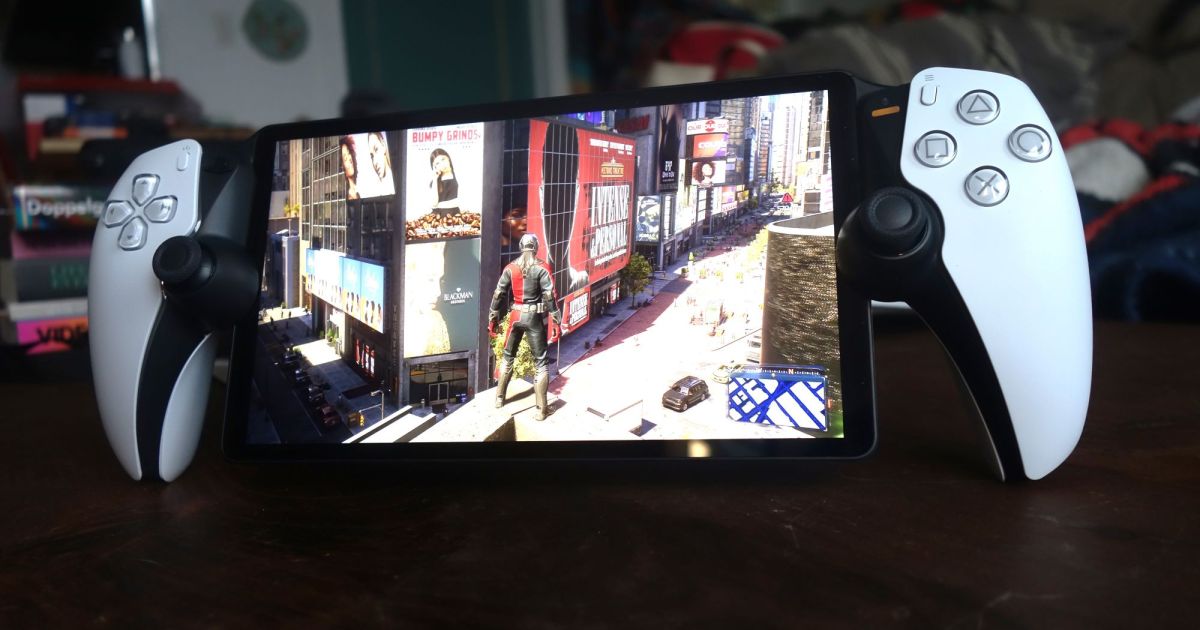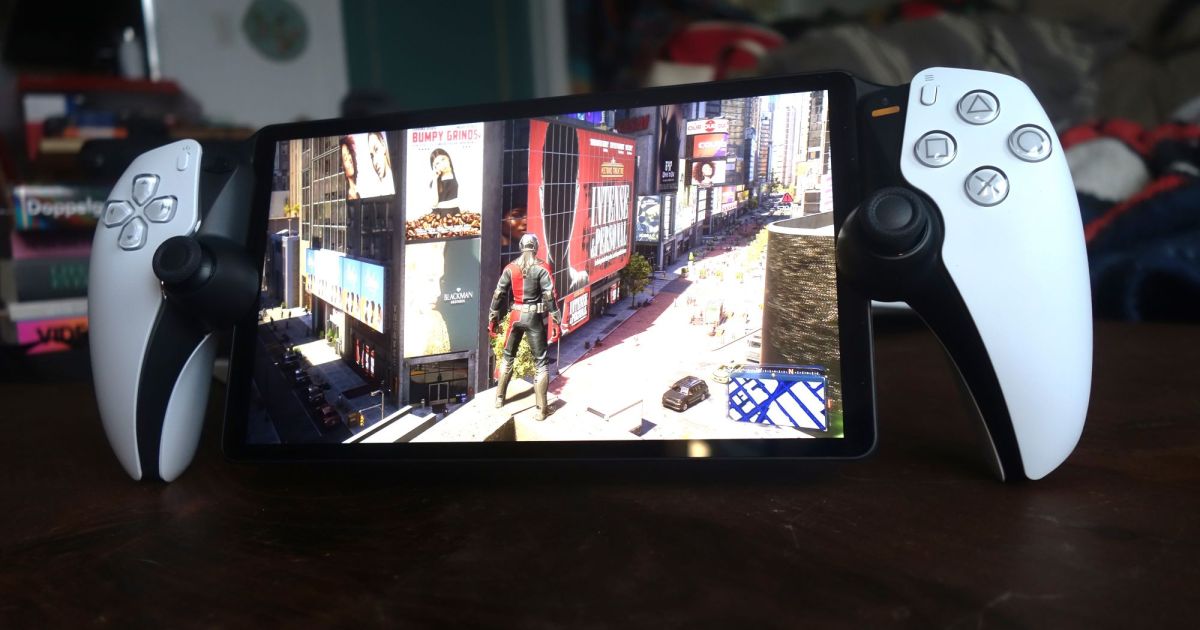## Is Gaming Losing its Grip? The Industry’s Growing Divide Remember when gaming was the cool kid on the block? The ultimate escape, a playground of limitless possibilities, and a shared language for a generation? Lately, things feel different. Digital Trends warns that “gaming isn’t for everyone” anymore, and that throws a wrench into the gears of our beloved hobby. Is this just a blip on the radar, or is the gaming landscape shifting in ways that alienate a growing number of players? Buckle up, gamers, because we’re about to dive into the heart of this debate, exploring the factors that might be pushing gaming into a more exclusive club.
Exploring Alternatives

While the Switch 2’s pricing might be a barrier for some, there are still plenty of fantastic gaming experiences available for those on a budget. Examining other options can lead to discovering hidden gems and enjoying gaming without breaking the bank.

Prioritizing Experiences
For budget-conscious gamers, it’s crucial to prioritize quality over quantity. Instead of chasing every new release, focus on games that offer a deeply engaging and memorable experience. This could mean revisiting classic titles, exploring indie games, or venturing into genres you haven’t tried before.

Exploring Free-to-Play Options
The free-to-play gaming landscape has exploded in recent years, offering a wide variety of genres and experiences without any initial cost. From action-packed shooters like Fortnite to immersive RPGs like Genshin Impact, there’s a free-to-play game out there for everyone. While these games often incorporate in-app purchases, they are entirely playable without spending a dime.
Building Community
Connecting with other gamers can be a valuable resource for finding affordable gaming opportunities. Online communities, forums, and local gaming groups can offer insights into deals, discounts, and shared gaming experiences.
The Implications for the Gaming Industry
The Switch 2’s pricing strategy raises important questions about the future of gaming accessibility.
A Growing Divide
As gaming hardware and software costs continue to rise, there’s a growing risk of a divide between those who can afford the latest technology and those who cannot. This could lead to a less diverse and inclusive gaming community, potentially alienating younger and less affluent gamers.
The Need for Inclusivity
It’s crucial for the gaming industry to prioritize inclusivity and ensure that everyone, regardless of their background or financial situation, has the opportunity to enjoy the benefits of gaming. This requires a multifaceted approach, including developing more affordable hardware and software options, supporting educational initiatives that promote digital literacy, and fostering a welcoming and inclusive gaming community.
A Call to Action
Developers and publishers have a responsibility to consider the impact of their pricing strategies on diverse audiences. By exploring alternative business models, offering more affordable options, and promoting accessibility initiatives, the industry can create a more equitable and inclusive gaming landscape for all.
Conclusion
So, is gaming truly becoming a niche hobby? The Digital Trends article makes a compelling case, highlighting the growing financial barriers to entry, the increasing complexity of titles, and the evolving social landscape around gaming. It argues that while gaming continues to evolve and innovate, its accessibility and inclusivity are facing challenges. The rise of subscription services, demanding hardware requirements, and a focus on online multiplayer experiences might be alienating potential players who feel overwhelmed or excluded.
This shift has significant implications for the future of the gaming industry. Will we see a widening gap between hardcore enthusiasts and casual players? Will developers prioritize catering to a smaller, more dedicated audience, neglecting the needs of a broader market? Or will this spark a wave of innovation, leading to more accessible, diverse, and inclusive gaming experiences? The answers remain to be seen, but one thing is clear: the future of gaming hinges on its ability to adapt and evolve, welcoming everyone to the table, regardless of their skill level or background.
The choice is ours: will we let gaming become a world reserved for the initiated, or will we champion its potential to bring people together through shared experiences? The future of this vibrant industry rests on our collective commitment to inclusivity and accessibility. Let’s ensure that gaming remains a platform for everyone, a space where imagination knows no bounds.